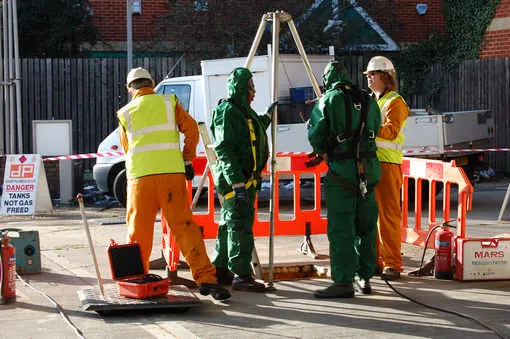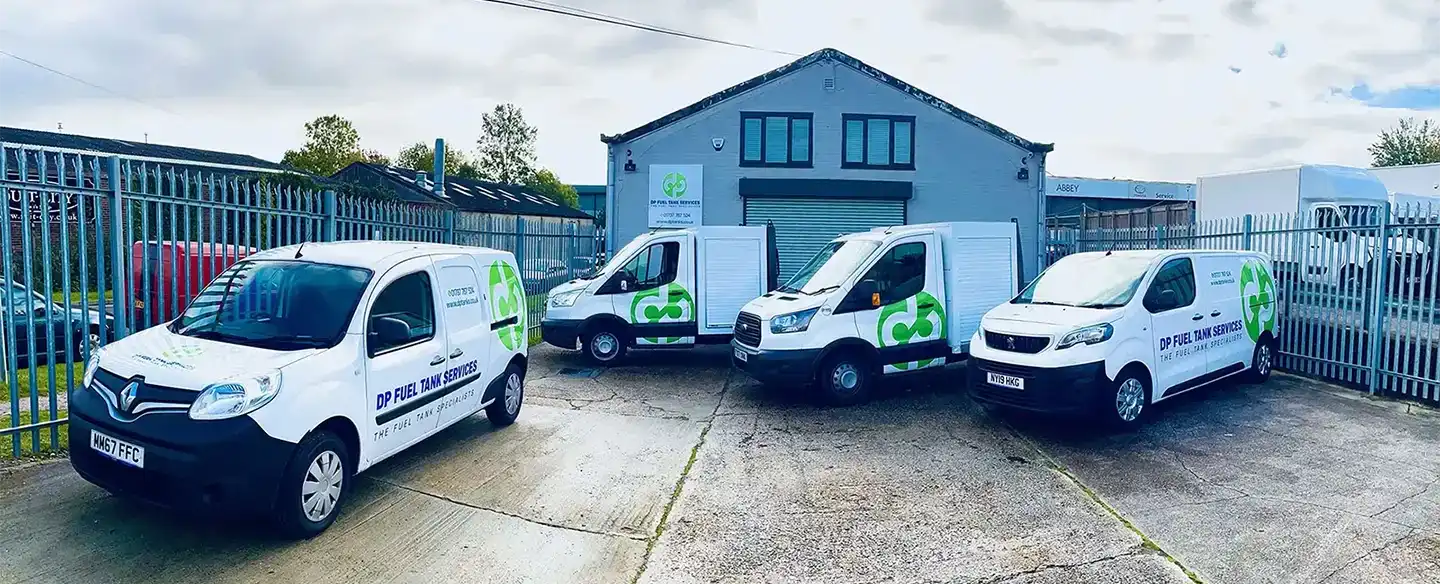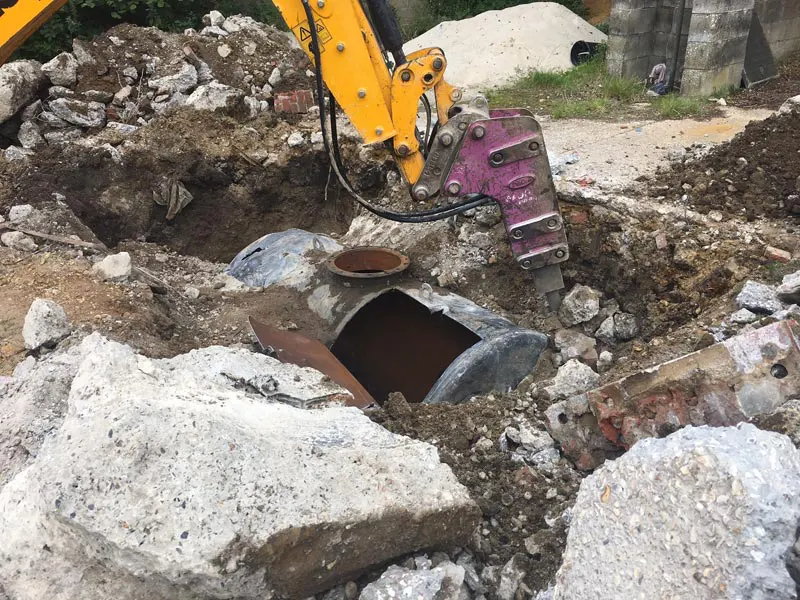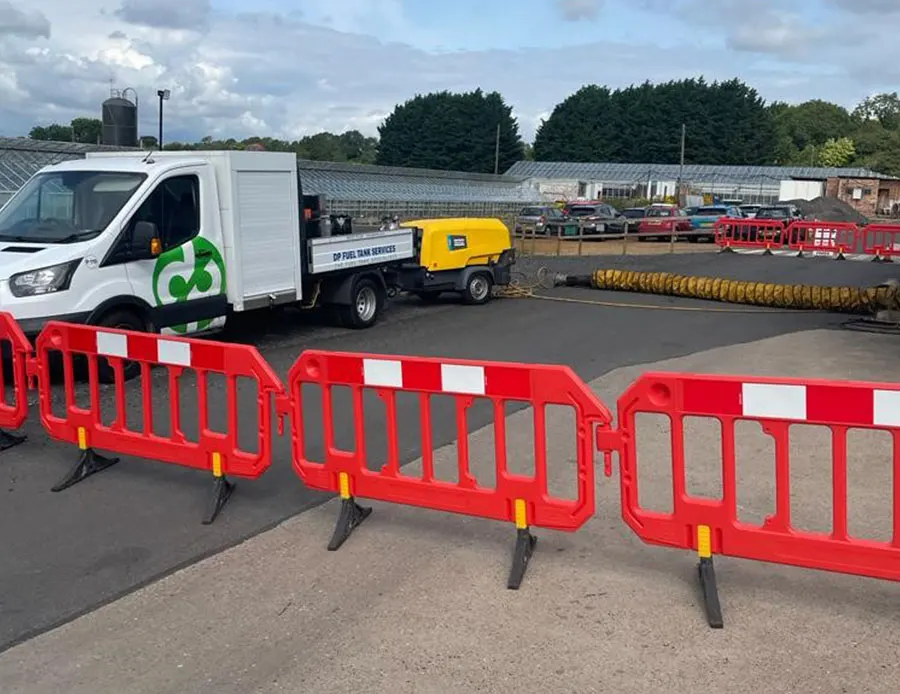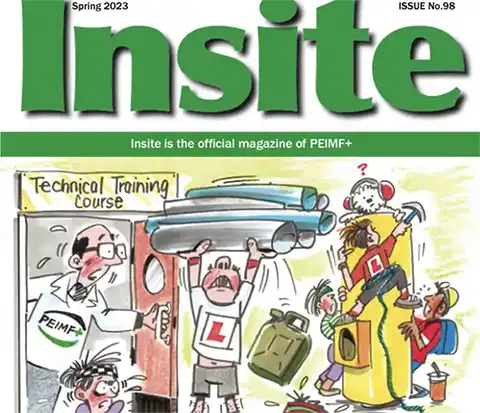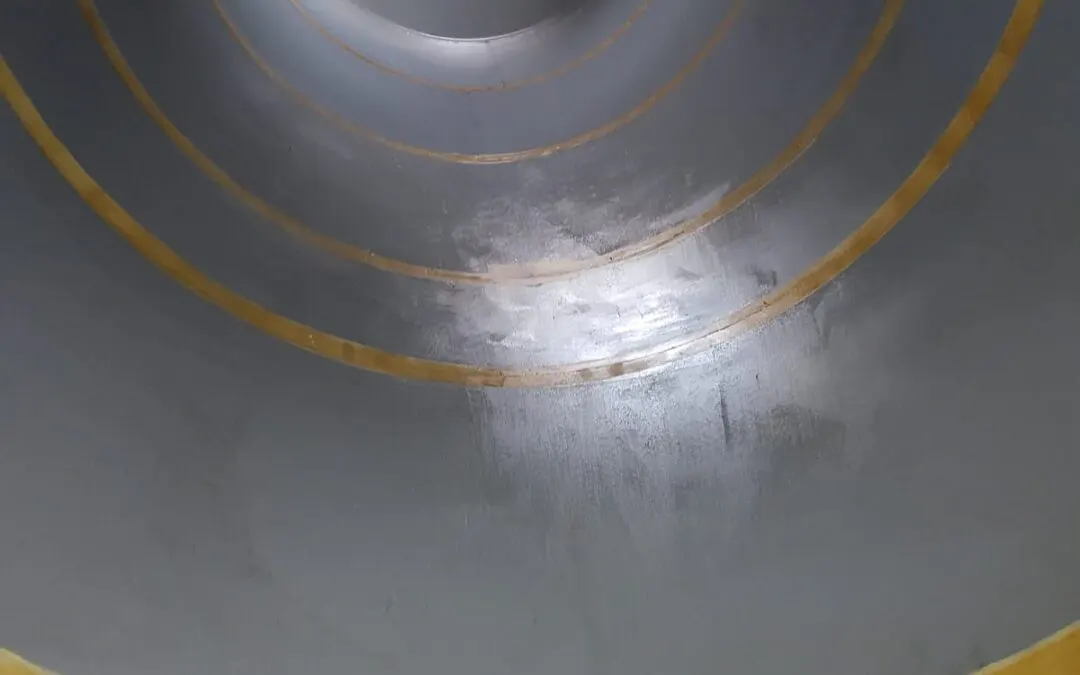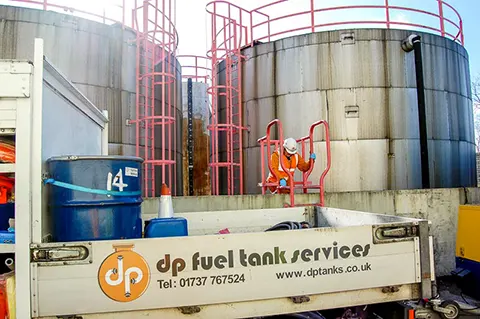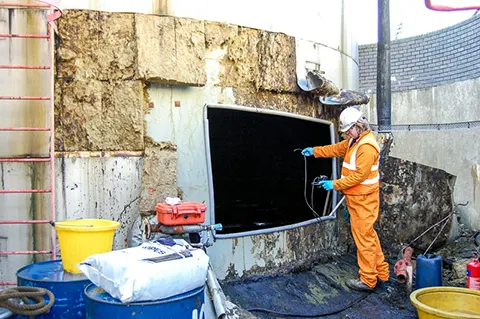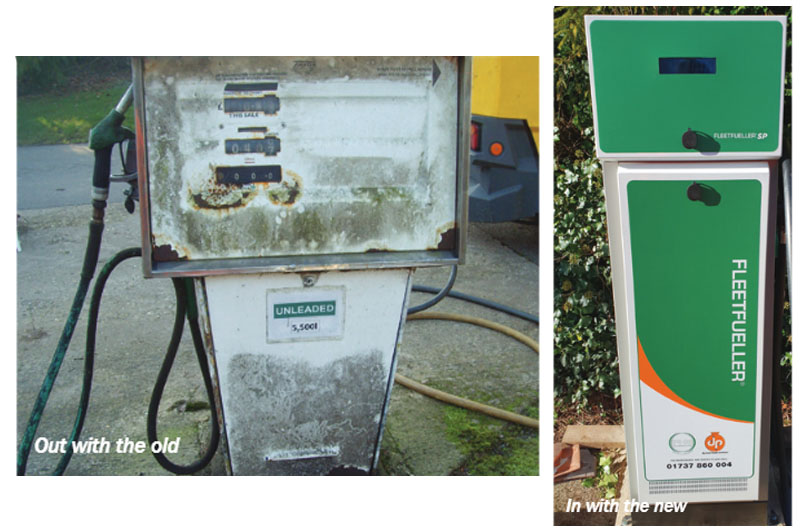Proper fuel storage is important for safety reasons and to comply with the relevant regulations, however it can be difficult to identify which fuel tank regulations exist.
With that in mind, it’s crucial to explore fuel tanks regulations in the UK to ensure you’re compliant.
How much petrol can you legally store UK?
In the UK, it’s legal to store up to 30 litres of petrol at home or a non-workplace premises without needing to inform your local Petroleum Enforcement Authority.
This fuel can be stored in portable metal or plastic containers, a suitable fuel tank, or a combination of these storage methods.
If the quantity of petrol stored at a residential property exceeds 30 litres but is less than 275 litres, it’s necessary to follow the relevant regulations for fuel storage tanks by notifying your local Petroleum Enforcement Authority in writing.
This may require you to include details like your name and address as well as the precise location where the petrol is being stored.
It’s important to remember petrol is a highly flammable liquid, which means it can be dangerous to handle.
For that reason, it’s vital fuel is stored properly and safely while complying with on-site fuel tank regulations to minimise the risk of fire.
How close can an oil tank be to a house UK?
In the UK, oil tanks that have a capacity of 3,500 litres, or less, should be installed at least 1.8 metres away from non-fire rated walls or flu outlets.
If a clearance space of 1.8 metres cannot be achieved, protection measures stated in British Standard BS 5410: Part 1: 1997 must be provided.
These may include adding a 30-minute fire-resistant wall. The best thing to do in this scenario is to consult with a professional in the field who will be able to supply detailed guidance on the relevant regulations.
What are the regulations for fuel tank bunding?
Bunded fuel tanks are tanks that have an extra outer layer for protection purposes.
This ‘bund layer’ is optimised to protect the inner tank where fuel is kept. This is particularly useful in the event of spillages, or emergencies, as the design of a bunded tank ensures the contents inside are protected.
The additional outer layer can hold, or prevent, any spillages when the inner tank fails to do so. Not only can this be beneficial as it means no spillages will have to be cleaned up, but it also prevents any wastage, thus making the operation more cost-effective.
In the UK, there are various regulations for fuel tank bunding.
For example, it’s necessary for storage containers that are located at a commercial or industrial site with a capacity of 200 litres to be stored in a bunded tank. Similarly, those storage containers with a capacity of 3,500 litres or more at a domestic dwelling must be stored in a bunded tank.
The bund must hold 110 per cent of the capacity of the container and must also be impermeable to oil and water. Additionally, bulk fuel tanks are required by law to be bunded, adhering to DSEAR regulation 6 (4) (e) requirements.
As with fuel storage in general, it’s advisable to consult with experts with appropriate knowledge so that you can be informed about the relevant rules and regulations.
Fuel tank help and advice from the experts at DP Tanks
Whether it is fuel tank cleaning, or advice on fuel tank storage regulations, DP Tanks can assist.
As fuel tank cleaning specialists, we are passionate about ensuring your storage containers are kept in optimal condition while continuing to adhere to any relevant fuel tank regulations.
Through safe and legal practices, our professional team cleans fuel storage tanks, above or below ground, at residential and commercial premises. From fuel contamination to tank removal, we can do it all.
Our preferred method is man entry, meaning we are equipped with relevant tools including high-pressure jet washers, using a lance with a universal swivel head.
We are proud to be an environment-conscious enterprise at every stage of the cleaning process, including recycling water.
To learn more about our services, or to arrange an appointment, why not contact us today?
